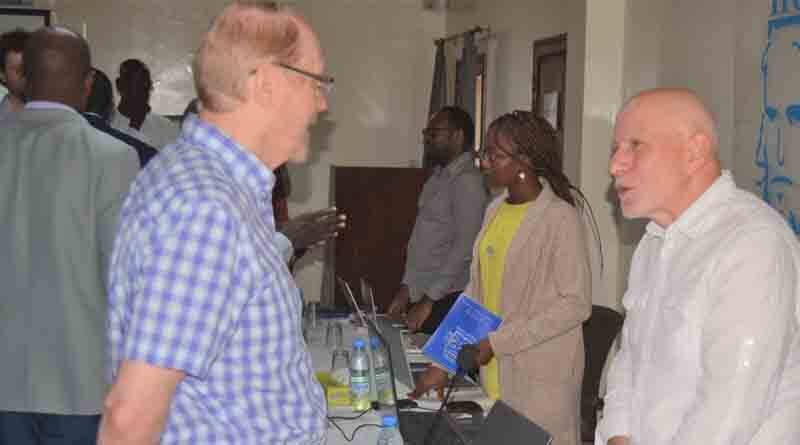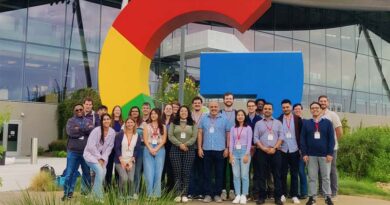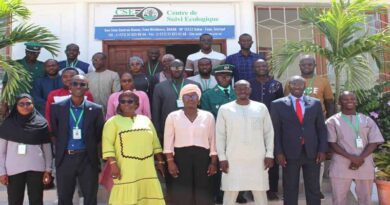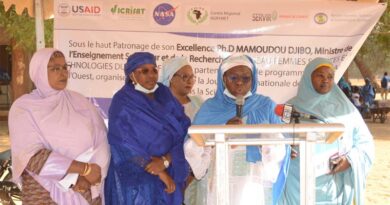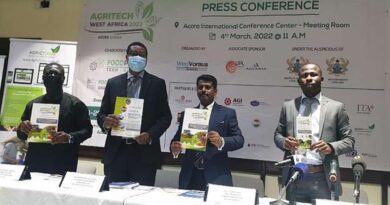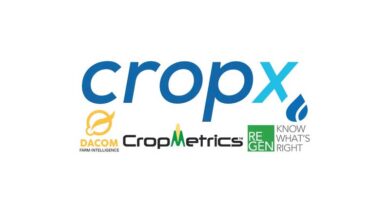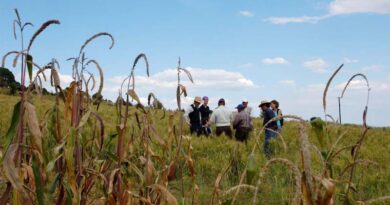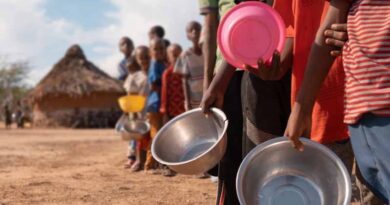Connecting geospatial tech to villages for better agricultural planning
09 September 2022, West Africa: Geospatial experts from West Africa (Burkina Faso, Ghana, Mali, Niger, Nigeria and Senegal), Rwanda, and the United States of America held a meeting from August 29 to September 2 in Saly, Senegal to plan the implementation of the second phase of SERVIR West Africa.
SERVIR West Africa is one of five regional hubs that ‘connects space to villages’ by helping developing countries use satellite data to address critical challenges in agriculture and food security, water resource planning, weather and climate, land use, and disaster prevention and/or management.
SERVIR is a joint initiative of the National Aeronautics and Space Administration (NASA), the United States Agency for International Development (USAID), and leading geospatial organizations in Asia, Africa, and Latin America.
The first phase of its West Africa program was launched in 2016, and its second phase starting in 2022 will continue over the next five years in Burkina Faso, Ghana, Niger, Nigeria, Mali, and Senegal, as well as other West African countries.
Incorporating technological advances and reflecting changing West African priorities and contexts, SERVIR WA 2 aims to promote a regional market and sustainable ecosystem for Earth Observation services; strengthen regional capacity to deploy industrial-grade Earth Observation applications and achieve cross-sectoral economies of scale through public-private partnerships.
Achieving these goals will involve, among other things:
- increased attention to agricultural and food security and nutrition issues
- aligning Earth Observation in support of financial services and instruments
- a pivot towards the applications of satellite imagery in urban areas
- the implementation of an innovative strategy for the industrialization of Earth Observation-based services; the development of partnerships – especially public-private ones – that are more agile and better able to pool entrepreneurial opportunities in the development of demand-driven services
- the acceleration of young people in the program, for example through a program of innovation grants in the fields of STEM (science, technology, engineering, and mathematics).
(SERVIR WA 2)is implemented by the International Crops Research Institute for the Semi-Arid Tropics (ICRISAT) in partnership with several West African institutions as well as universities and international organizations including the African Regional Institute for Geospatial Information Science and Technology (AFRIGIST, Ile-Ife, Nigeria); the Regional Center for Agrometeorology, Hydrology and Meteorology (AGRHYMET, Niamey, Niger); the Center for Remote Sensing and Geographic Information Services (CERSGIS, Accra, Ghana); the Centre de Suivi Écologique (CSE, Dakar, Senegal); the Higher Institute of Space Studies and Telecommunications (ISESTEL, Ouagadougou, Burkina Faso); the African Institute of Mathematical Sciences (AIMS, Mbour, Senegal and Cape Coast, Ghana); the University of Florida (Gainesville, USA); and Columbia University (New York, USA), through the Center for International Earth Science Information Network (CIESIN) and its International Research Institute for Climate and Society (IRI).
Also Read: FMC India introduces three new products for pest management and soil fertility
(For Latest Agriculture News & Updates, follow Krishak Jagat on Google News)

